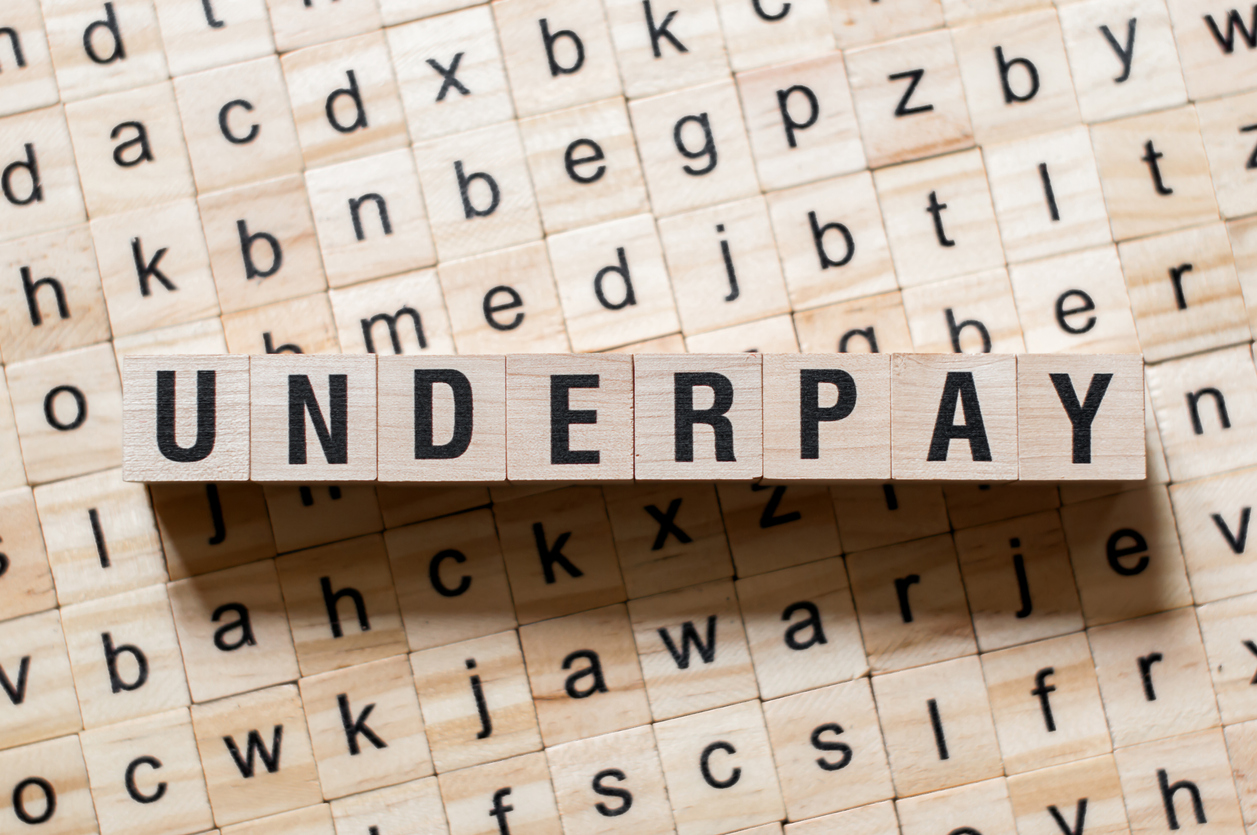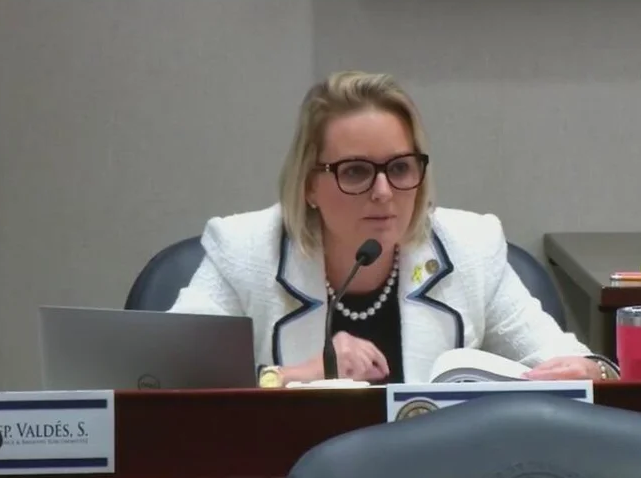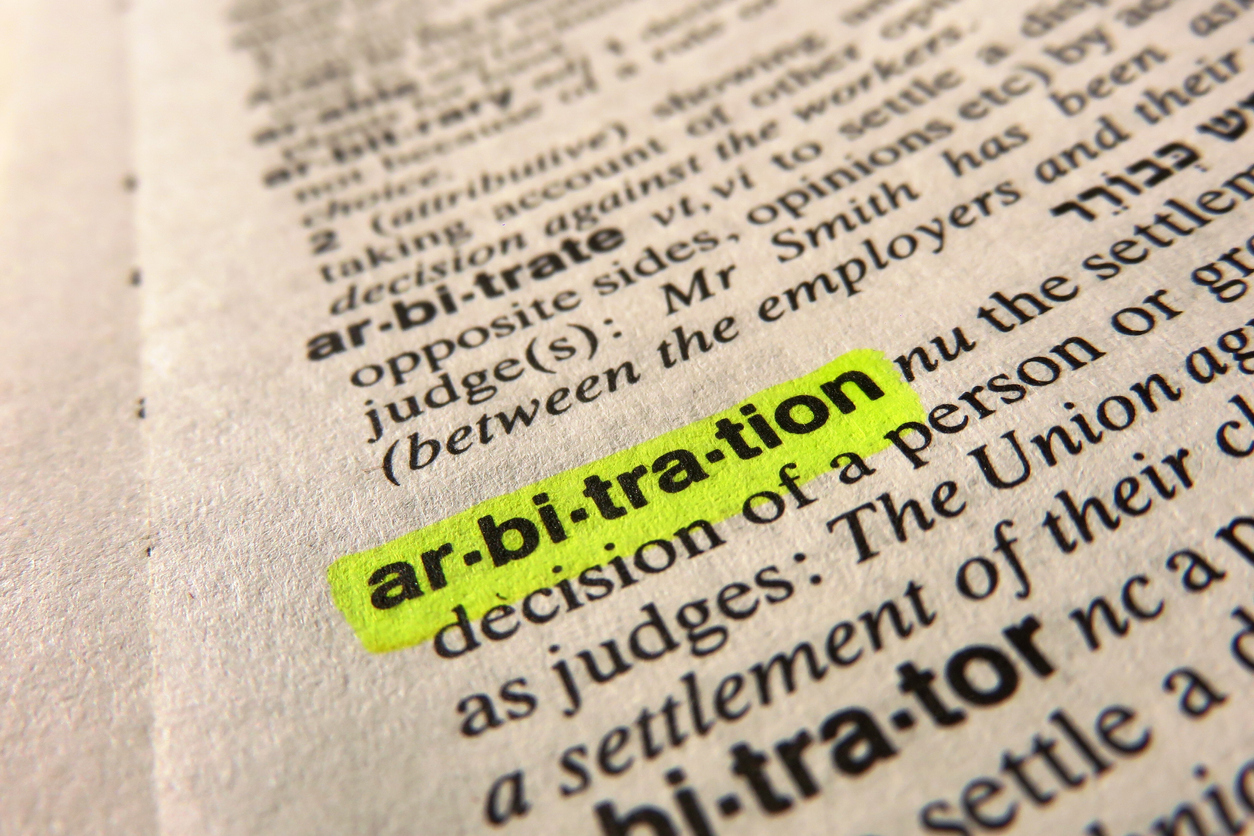Can you imagine a business industry trade group going to politicians asking for laws that prevent others from collecting valid debts from them? Most would be laughed out of town. That is exactly what the insurance industry has accomplished in Florida with recent changes in law. A local investigative news article written by Kate Cimini of the Fort Myers News-Press, The Great Ian Insurance Battle: $11 million Naples-Area Claim Delay Exposes Florida Problem, explained the effect of these new laws:
Nearly two years later, condo owners have spent roughly $9 million in repairs, fronting about half of that themselves. They’re still waiting on their insurer to come through.
Each of the 75 condo owners of Dolphin Way has paid out more than $50,000 of their own money over the last year and ten months in special assessments… So far, the work has resulted in just under $4 million total in special assessments to owners; the homeowner’s association board took out two small business loans totaling another $5 million….
Residents say American Coastal is doing this on purpose to exhaust Dolphin Way’s residents, and make them so desperate, they’ll agree to anything. Frustrated, they also blame Florida’s lax treatment of insurance companies, to which Ian exposed many previously happy homeowners.
‘We’re dealing with a shoddy legal system in the state of Florida that has allowed insurance companies to cheapen the product they offer, kick the can down the road and make it as painful for customers as possible,’ said Tom O’Connell, a broker who heads up the insurance committee for the Dolphin Way HOA board.
‘I’m working with a legal system,’ O’Connell said, ‘that is not in our favor.’
Insurance consumer advocates back their protests up. Nearly two years after Hurricane Ian pounded Florida’s southwest Gulf coastline, many homeowners are still struggling to get their insurance companies to pay out, evidenced by complaints filed with the state, lawsuits filed in Lee, Charlotte and Collier counties, and state data that shows that thousands of claims were closed out with no payment.
The article quoted Doug Quinn of the American Policyholders Association and O’Connell as citing Florida’s politicians for creating this mess:
‘While there have been changes in the Florida market (since Ian), we are concerned about the lack of effective law enforcement to hold insurers accountable for not paying honest claims,’ said consumer advocacy group American Policyholder’s Association executive director Doug Quinn.
‘The lobbyists got into the pockets of politicians and made things as difficult as possible for consumers,’ O’Connell said.
The article noted how laws were changed to make it much more difficult to hold underpaying and delaying insurers accountable by the people to whom the debt is owed. Further, any new laws that favor policyholders have no teeth because there is no mechanism for the policyholder to enforce them. The article also quoted me:
‘Legislators tried to give the perception that they’re really doing something for policyholders on deadlines, when in fact, they’ve taken away the policyholder rights to enforce those things. Customers are getting harmed by insurance companies failing to responding to these deadlines, and there’s no penalties.
It’s like saying let’s get tough on drunk driving and not having any penalties for the drunk driver.’
The article noted that slow and underpaid claims are widespread in Florida following Hurricane Ian:
Of more than 550,000 Ian-related claims made by homeowners, roughly 358,000 have been closed out with pay to policyholders for claims related to the storm, according to the state’s dashboard.
But another 150,000 have been closed with no payment in sight. Just under 40,000 remain open.
…
Still, throughout the past five or so years, the hurricane-riddled state has actively worked to become more friendly to insurers in an attempt to lure them and strengthen the troubled industry.
In that time, Florida’s GOP-led legislature has tightened the noose around customers, repeatedly making it harder for customers to sue their insurance carriers. The insurance industry has repeatedly complained of “frivolous lawsuits” against insurance carriers, which, they say, account for Florida’s sky-high insurance policy costs.
But the data suggests carriers’ own delays in paying claims trigger most policyholder lawsuits.
An Office of Insurance Regulation January analysis of insurance claims found most claimant lawsuits came only after carriers delayed payment to policyholders, sometimes by more than a year.
Doug Quinn summed up the awareness that many have in Florida unless they have filed a claim:
‘The average person is not aware of the amount of claims not being honestly paid until they go through the delay, deny, defend tactic themselves,’ Quinn said.
‘They feel the pinch of the premiums but don’t know there’s a significant chance they won’t get treated fairly if they file a claim.’
The article certainly shows the plight of the policyholder whose claim is delayed and allegedly underpaid. The insurer was repeatedly invited to go on record and explain its treatment and actions but refused to do so. Policyholders who are going through this nightmare often say and express the feelings which ended the article:
‘Where’s the justice? Where’s the morality in all this?’ he asked. ‘We sign a contract and we pay. We have a hurricane, and they call you up and say, hello, who are you?’
Thought For The Day
If you make a sale, you can make a living. If you make an investment of time and good service in a customer, you can make a fortune.
—Jim Rohn,




